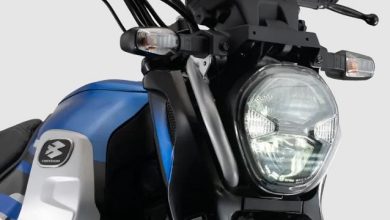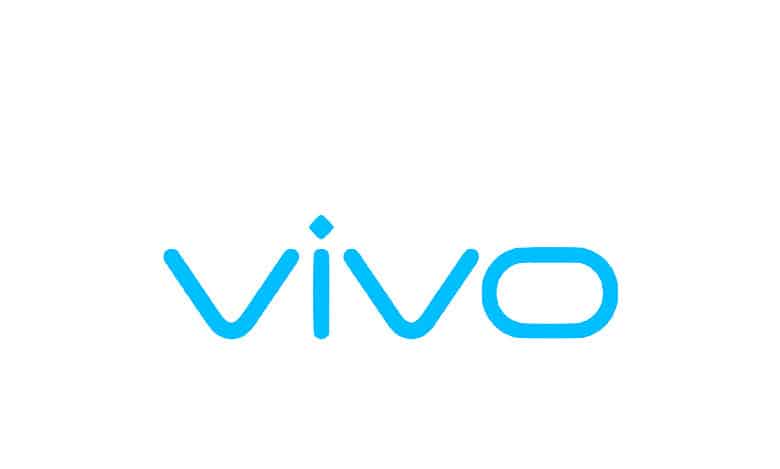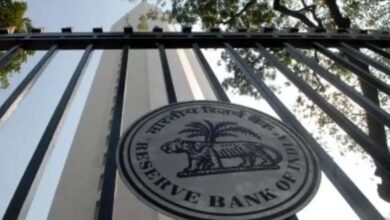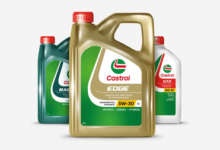Coal India’s PAT up 62% to Rs. 28,125 crore in FY23

Maintaining strong financial fundamentals, Coal India’s (CIL) profit after tax (PAT) for the financial year 2022-23 registered a whopping 62 per cent growth. 28,125 crores as compared to Rs. 17,378 crores by FY2022. This was despite making a provision of Rs. 8,153 crore in accounts in 2022-23 for wage revision of non-executive manpower of CIL. Climbing an all-time high, the annual PAT surpassed the previous high of Rs 17,464 crore recorded in 2018-19 by 61 per cent. Higher volume of sales and increased premium in e-auction boosted the profitability of the company.
CIL recorded a PBT of Rs. 7,642 crore and PAT of Rs. 5,528 crore in the fourth quarter of FY 2022-23. Both PBT and PAT decreased by 18 per cent as compared to the same quarter of FY22, mainly due to increase in provision for wages in NCWA-XI. Had the provision not been made, PAT would have been the highest ever profit in any quarter.
CIL took its profits to a higher orbit despite the company reducing its coal prices over the last five years amid rising input costs, especially diesel and explosives, and rising wage costs due to provisioning in accounts.
Coal India Final Dividend
The Board of the company which met on 7th May recommended the payment of a final dividend of Rs. 4 per share. Earlier, a total dividend of Rs 20.25 per share had already been paid in two tranches.
Though e-auction sales at 16.40 MT were lower by 41 per cent in volume terms in Q4 as compared to 27.65 MT in the same quarter of FY22, higher premium under e-window enabled CIL to increase e-auction sales by Rs. helped increase. 690 crores. The recovery per tonne of coal was Rs. 4,526 under the auction segment in Q4 as against Rs. 2,434 in the corresponding quarter of FY’22. The jump was Rs. 2,092 per tonne or 86 per cent. Coal India Volume Sales
Higher volume sales of 17.34 MT and better average realization under FSA resulted in a net impact of approximately Rs 3,879 crore in the fourth quarter. FSA sales increased to 167.45 MT in Q4 FY23 as compared to 150.11 MT in Q4 of previous FY. Per tonne of coal availed under FSA category Rs. 1,550, an increase of 5 per cent, as compared to Rs. 1,470 per tonne of Q4 FY’22. While the recovery per tonne of coal under e-auction for the entire 2022-23 is Rs. 4,841 as against Rs. 1,879 per tonne in FY22, up 157.6%. In case of FSA sale the same was Rs. 1,475 as against Rs.1,406 in FY’22.
net sale of coal
The company’s net sales were highest for Q4 as well as for the entire FY’23. Net Sales Rs. 35,161 crore in Q4 FY23, up 17 per cent as compared to Rs. 29,985 crore for Q4 FY22. For the full year 2022-23 CIL’s net sales are Rs. 1,27,627 crores. This is a jump of 27 per cent compared to Rs. 1,00,563 crore of the previous financial year.
EBITDA
Earnings before interest, taxes, depreciation, amortization, loss (EBITDA) – a measure of the company’s financial performance – grew 49% during FY’23 to Rs. Rs.26,974 cr to Rs.40,291 cr in FY’22.
















